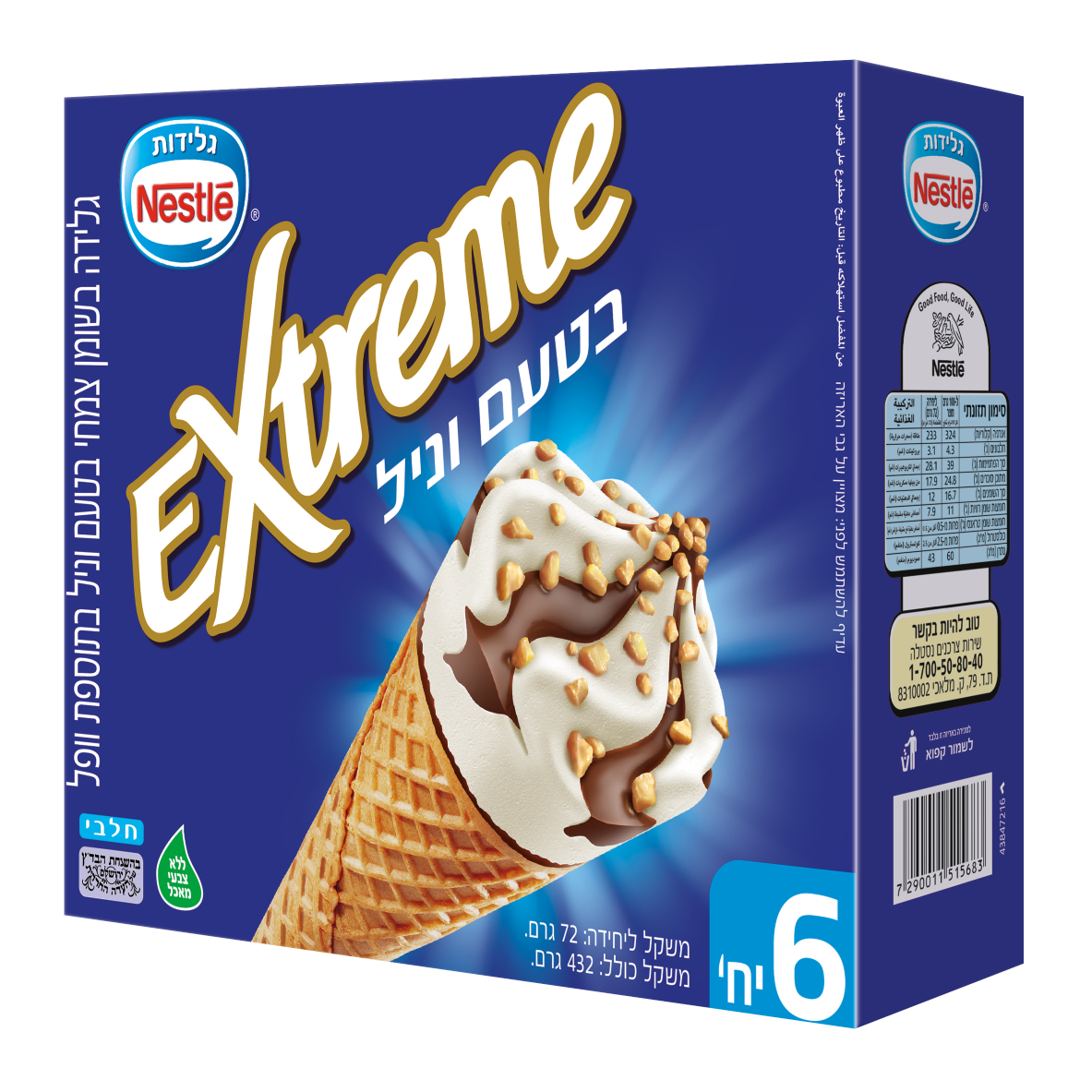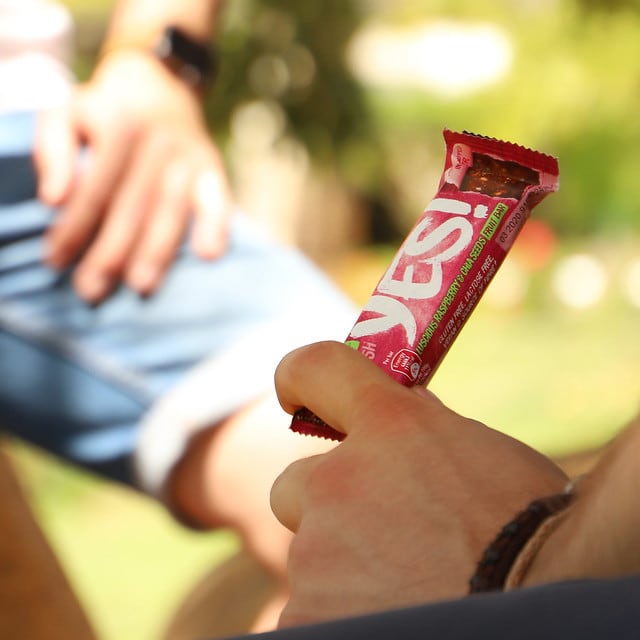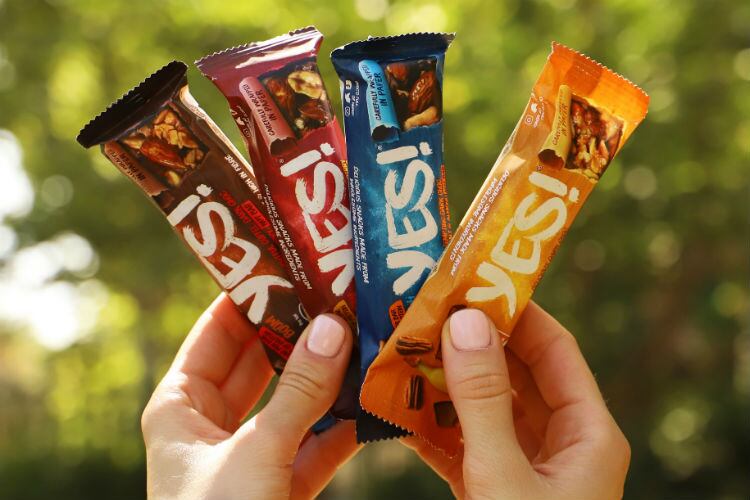Froneri will take control of the Noga Ice Creams Limited Partnership, part of the the Nestlé-owned business Osem Group.
Froneri, a joint-venture between PAI Partners and Nestlé formed in 2016, is Europe’s second-largest ice cream maker.
The acquisition will see Froneri enter the Israeli market for the first time and brings all of the Nestlé Europe, Middle East & North Africa (EMENA) ice cream businesses into the Froneri group. Based on Euromonitor data, annual sales of Noga total approximately CHF100m.
“We’re very excited to be building on the strengths of our existing joint venture with Nestlé. By entering Israel we’re continuing to realise our vision of becoming the world’s best ice cream company,” Froneri CEO Ibrahim Najafi commented.
Froneri has confirmed that the existing Noga management team will continue to lead the business.
Najafi said that the move demonstrated Froneri’s strategy to invest in local brands. Leading Noga brands including La Cremeria, Extreme, Cookilida, Crunch and Gumigum will continue to be available, the company stressed.
“Our consumers are at the heart of our business and we intend to invest in the local brands, products and flavours that Nestlé has been exciting the market with for over 20 years,” Najafi said.

‘Milestone’ deal completes ice cream transition
Commenting on the divestiture, Marco Settembri, Nestlé CEO Zone Europe, Middle East and North Africa, said that it concluded the transition of Nestlé’s ice cream interest in the region to the Froneri joint venture.
“With its continued growth and global prominence in the ice cream market, Froneri’s success speaks for itself. This milestone deal marks the final stage of the transition of our EMENA ice cream businesses into Froneri, further strengthening its presence in the region,” he suggested.
The sale is part of a multi-year transition at the Swiss food group. The company has been restructuring its operations and cutting costs since 2016, the year that its organic growth rate slowed to 3.2% - its lowest level in two decades. Although Nestlé noted that this still compares favourably with many of its peers, for time being at least, the Maggi-to-Kit Kat manufacturer was forced to abandon its so-called ‘Nestlé model’, which calls for organic growth of at least 5%.
In addition to spinning off the majority of its European ice cream business in a joint venture with PAI-owned R&R, over the past three years Nestlé has sold a number of high-profile – but lower growth or margin – businesses. These have included the group’s US confectionery unit and Gerber Life.
Simultaneously, Nestlé has invested in growth initiatives including bringing innovation to market faster. Rapid innovation is a “key dimension” of the food giant's growth agenda. The group is also focusing its R&D investment on “cutting-edge science and technology” to address evolving consumer expectations through new offerings and product reformulations. In particular, Nestlé noted innovation has enabled it to premiumise products. In 2018, 22% of group sales came from premium products.
Nestlé’s coffee business also took a significant step when it entered into a strategic tie-up with Starbucks. Under its Nespresso and Nescafe brands, Nestlé was a global leader in soluble and capsule coffee. However, the group lacked exposure to high growth segments, including roasted and grounded coffee. Through the Starbucks alliance, Nestlé has rounded out its portfolio and increased its presence in all growth segments in coffee.
This investment strategy is part of the company’s drive to return to mid-single digit growth by 2020.
Nestlé is also in talks to sell two additional businesses: its skin care unit and the Herta brand, which sells cold cuts and meat-based products in France, Germany and Belgium.
More divestitures in the works?
While Nestlé has already undertaken a significant amount of work to re-shape its portfolio, MainFirst CEO Alain Oberhuber speculated that further divestitures are likely on the cards.
“We conclude that Nestlé’s transformation strategy was accelerated after the company was able to secure its coffee market position,” Oberhuber observed, predicting that additional deals will be made into 2020 and 2021.
He suggested that a number of sizeable Nestlé business units may still be on the block, including the group’s US ice cream and frozen meal businesses.
“The reason for our conclusion is the contracting revenues and low operating margins and low returns. Obviously, if the US ice cream is sold, we expect the US frozen fast food prepared dishes will be sold,” he said.
Other local brands that Oberhuber expects Nestlé to offload include: Buitoni in the US and Europe; frozen pizza brand Wagner, which is primarily present in Germany; condiments brand Thomy and Canadian pizza brand Delissio.
Moreover, Oberhuber continued, Nestlé is likely to want to exit its joint ventures – Froneri, Cereal Partners Worldwide (with General Mills) and European fresh dairy business Lactalis-Nestlé. Potentially, further down the road Nestlé could also sell its stake in L’Oréal.
“In total, we assume that all divestments will be around CHF 83bn or 29% of current market cap or around 17% of its revenues with brands that are not in the core categories of coffee, water, pet food, infant nutrition and health science,” he predicted.
How far will the portfolio shift?
As Oberhuber pointed out, Nestlé has identified five strategic categories that it is prioritising for future growth. The consumer goods analyst expects the company to enter an ‘investment phase’ in 2022 and predicted that health science will become an area of particular importance.
“We presume that Nestlé will make investments in the consumer health business… We assume that Nestlé could spend [up to] CHF40bn in consumer health investments starting with Danone’s medical nutrition, Fresenius Kabi’s enteral clinical nutrition, privately held B. Braun, and finally the nutritional part of Abbott.”
Indeed, speaking at a conference hosted by Bernstein last month, Greg Behar, CEO of Nestlé Health Science, revealed that the company aims to grow its consumer care business two times faster than the overall category.
"We are in a fast growth focus. We’re comfortable delivering a 6-8% growth rate. We are in an investment position... We see significant opportunities for us to improve our bottom line by driving scale and driving growth and innovation," he said.
Strategic priorities for NHS include: allergy, healthy ageing, microbiome, metabolic health, personalisation and vertical e-commerce and services.
"Behar delivered an informative presentation, with a focus on the strategic plans for growth through innovation, sustainability and strong brand leadership," Bernstein analyst Andrew Wood reflected. "We believe consumer health and nutrition, and the overlap of food and OTC/Pharma, is an attractive area for continued expansion at Nestlé."

However, if Nestlé's long term plan includes stepping back from some of its large but slower growth categories outside the nutrition space - such as confectionery - the company is unsurprisingly playing its cards close to its chest.
Speaking during a conference call earlier this week, head of confectionery Alexander von Maillot noted that while the unit is not one of Nestlé's growth categories the company continues to invest in innovation.
For instance, the group recently launched YES! fruit-based bars and has now converted them to a paper-based packaging in what the company claimed to be an industry first. The new brand is already on sale in some European markets. In the course of July and August, the new bars in paper wrappers will come on the market in: Austria, Belgium, the Czech Republic, France, Germany, Ireland, Luxemburg, Malta, the Netherlands, Portugal, Slovakia, Spain, and the UK, a spokesperson explained. “More countries in Europe and beyond will follow soon.”
Responding to FoodNavigator, von Maillot explained the ongoing investment in the confectionery category reflects its heritage within the organisation and the company’s desire to “win” in whatever categories it participates.
“Confectionery has been part of Nestle for a very long time, it is part of the core categories. The reason why we talk about five growth categories is these are categories that show significant growth globally. But next to that, in every category where Nestlé is present, we are committed to play, to grow and to win against the competition and to deliver great tasting products for consumers.
“Confectionery fits very well, and it will fit very well in the future.”


